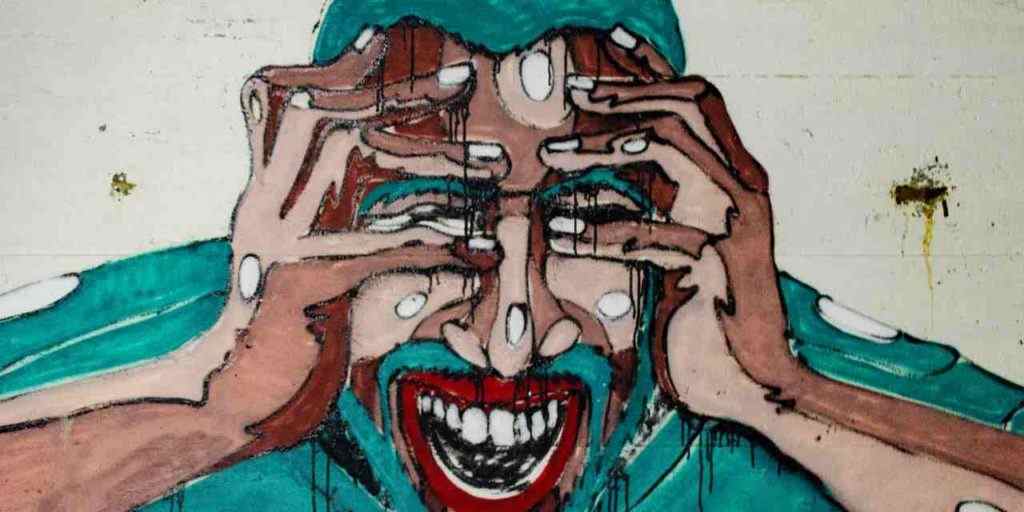The human experience is a tapestry woven from myriad emotions, where anxiety often emerges as a prominent thread. The Bahá’í teachings provide a profound philosophical framework that encourages individuals to transcend their doubts and fears through the adoption of mindfulness as a spiritual tool. This meticulous exploration delves into the intricate relationship between anxiety, mindfulness, and the elevating principles extolled in the Bahá’í faith. By grounding ourselves in these teachings, we can navigate the tempestuous waters of anxiety with grace and understanding.
Initially, it is essential to recognize the essence of anxiety. Often perceived as an impediment, anxiety can be reinterpreted as a signal—a reminder of our intrinsic apprehension towards the unknown. The Bahá’í writings articulate the importance of embracing uncertainty. Just as the stars exist within the vastness of the cosmos, so too do our individual paths within the unpredictability of life. This acceptance forms the bedrock of mindfulness, which encourages a sustained awareness of our thoughts and emotions without judgment. In this context, cultivating mindfulness allows us to observe our anxiety with a sense of curiosity rather than trepidation.
Central to the Bahá’í philosophy is the notion of interconnectedness. Every individual is intricately linked to the broader human family, resonating with the belief that our inner states influence our communal existence. Mindfulness serves as a bridge that fosters deeper connections with ourselves and others. By being present in the moment, we not only alleviate our personal anxieties but also contribute to a grid of collective serenity. This interconnectedness exemplifies the transformative power of mindfulness, allowing individuals to transcend their self-imposed barriers and engage authentically with the world around them.
The practice of mindfulness involves several dimensions, each underscoring its potential as a spiritual tool. Firstly, self-awareness constitutes a critical aspect. By honing our inner gaze, we come to recognize the origins of our anxiety. Are these emotions rooted in past experiences or future uncertainties? The Bahá’í teachings urge individuals to engage in self-reflection, as it is through this introspection that we unveil the layers of our psyche. Not unlike the parable of the garden, where tending to the weeds enhances the beauty of the flowers, addressing our fears cultivates a more vibrant inner landscape.
Next, mindfulness expands to encompass compassion—both for oneself and others. The Bahá’í writings emphasize the importance of kindness, suggesting that compassion is the antidote to anxiety. When we practice self-compassion, we acknowledge our flaws and struggles without rendering judgment upon ourselves. This cultivation of kindness transforms our inner dialogue, shifting from harsh criticism to supportive encouragement. In turn, this compassionate stance extends outward, promoting empathy and understanding in our interactions with others. Thus, mindfulness nurtures a cycle of compassion, reinforcing the principle that a tranquil heart contributes to a harmonious community.
Another pivotal component of mindfulness is the art of letting go. The Bahá’í teachings illuminate the transient nature of worldly attachments and material concerns. Embracing mindfulness permits individuals to release their grip on the incessant need for control, prompting a surrender to the flow of life. This letting go fosters resilience, as we learn to navigate challenges without being ensnared by anxiety. Like a river that carves its way through the landscape, we can allow experiences to wash over us, embracing change as an essential aspect of existence rather than a source of fear.
Furthermore, the act of gratitude interlaces seamlessly with mindfulness, as both practices center on the present. In the face of anxiety, it is often easy to overlook the simple joys that punctuate our days. The Bahá’í principle of appreciation encourages individuals to adopt an attitude of gratitude, which serves as a balm for anxious hearts. By consciously acknowledging the blessings within our lives, we shift our focus away from what is troubling us, redirecting our energy towards positive aspects. This profound shift in perspective diminishes the hold of anxiety, illuminating the inherent beauty of life’s fleeting moments.
As mindfulness practices are interwoven with prayer and meditation, we encounter an enriching layer to this spiritual tool. Both are strongly emphasized within the Bahá’í faith as pathways to divine connection. Through meditation, individuals can attain a state of tranquility, allowing mindfulness to deepen our awareness of the divine presence. This sacred dialogue fosters a transformative experience where the burdens of anxiety dissipate in the presence of a higher purpose. The Ba’hai teachings affirm that this union with the divine fosters a sense of peace that transcends earthly worries, illuminating the soul’s journey.
In summation, the Bahá’í teachings offer an invaluable perspective on the interplay between anxiety and mindfulness. By embracing anxiety as a meaningful signal and engaging with mindfulness as a spiritual tool, individuals can navigate the complexities of life with greater clarity and purpose. This journey is fortified by self-awareness, compassion, letting go, gratitude, and spiritual connection. Ultimately, the journey toward transcending anxiety through mindfulness is not merely an individual endeavor; it is a collective aspiration towards a more harmonious existence, resonating with the profound promise that peace is attainable when we align ourselves with the principles of love, unity, and understanding.
